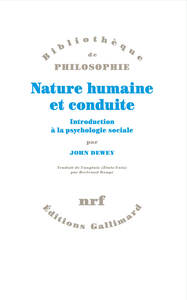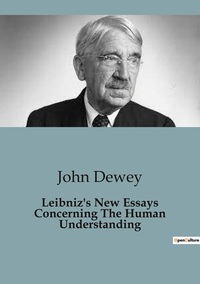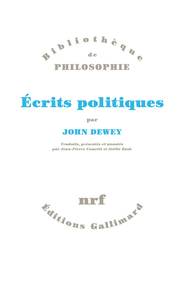Nous utilisons des cookies pour améliorer votre expérience. Pour nous conformer à la nouvelle directive sur la vie privée, nous devons demander votre consentement à l’utilisation de ces cookies. En savoir plus.
Human Nature and Conduct
Books On Demand - EAN : 9782322496099
Édition papier
EAN : 9782322496099
Paru le : 12 sept. 2025
22,90 €
21,71 €
Disponible
Pour connaître votre prix et commander, identifiez-vous
Notre engagement qualité
-
 Livraison gratuite
Livraison gratuite
en France sans minimum
de commande -
 Manquants maintenus
Manquants maintenus
en commande
automatiquement -
 Un interlocuteur
Un interlocuteur
unique pour toutes
vos commandes -
 Toutes les licences
Toutes les licences
numériques du marché
au tarif éditeur -
 Assistance téléphonique
Assistance téléphonique
personalisée sur le
numérique -
 Service client
Service client
Du Lundi au vendredi
de 9h à 18h
- EAN13 : 9782322496099
- Réf. éditeur : 417822
- Editeur : Books On Demand
- Date Parution : 12 sept. 2025
- Disponibilite : Disponible
- Barème de remise : NS
- Nombre de pages : 324
- Format : H:210 mm L:148 mm E:22 mm
- Poids : 472gr
- Résumé : « Human Nature and Conduct » by John Dewey, published in 1922, examines the relationship between human nature and social behavior through the lens of pragmatist philosophy. Dewey breaks down human conduct into three fundamental elements: habit (behavior shaped by social repetition), impulse (innate driving forces), and intelligence (the creative capacity for adaptation). Dewey rejects traditional dichotomies such as instinct versus reason, proposing instead an integrated vision in which human beings, shaped by their environment, use intelligence as a tool to address moral and social challenges proactively. He demonstrates how collective habits form the basis of social cohesion, while intelligence allows individuals to transform impulses into ethical and innovative actions. This major work explicitly links ethics and democracy, arguing that a just society emerges when education fosters critical intelligence, enabling individuals to overcome dogma and act for the common good. The book naturally fits within the fields of pragmatist philosophy, social psychology, and applied ethics.
- Biographie : John Dewey (1859.1952) was an influential American philosopher and educator, central to the development of pragmatist philosophy and progressive education. After graduating from Johns Hopkins University, he taught at the University of Chicago and Columbia University, developing ideas that bridged philosophy, psychology, and social reform. His works, including « Human Nature and Conduct » (1922) and « Democracy and Education » (1916), revolutionized pedagogy by advocating for experiential learning and intelligence as tools for democratic empowerment. Dewey promoted an ethics grounded in empirical facts and envisioned a society where collective habit and critical intelligence work together to solve social problems. Recognized as the father of modern education, his legacy continues to influence pragmatist philosophy, social sciences, and movements for social justice.












